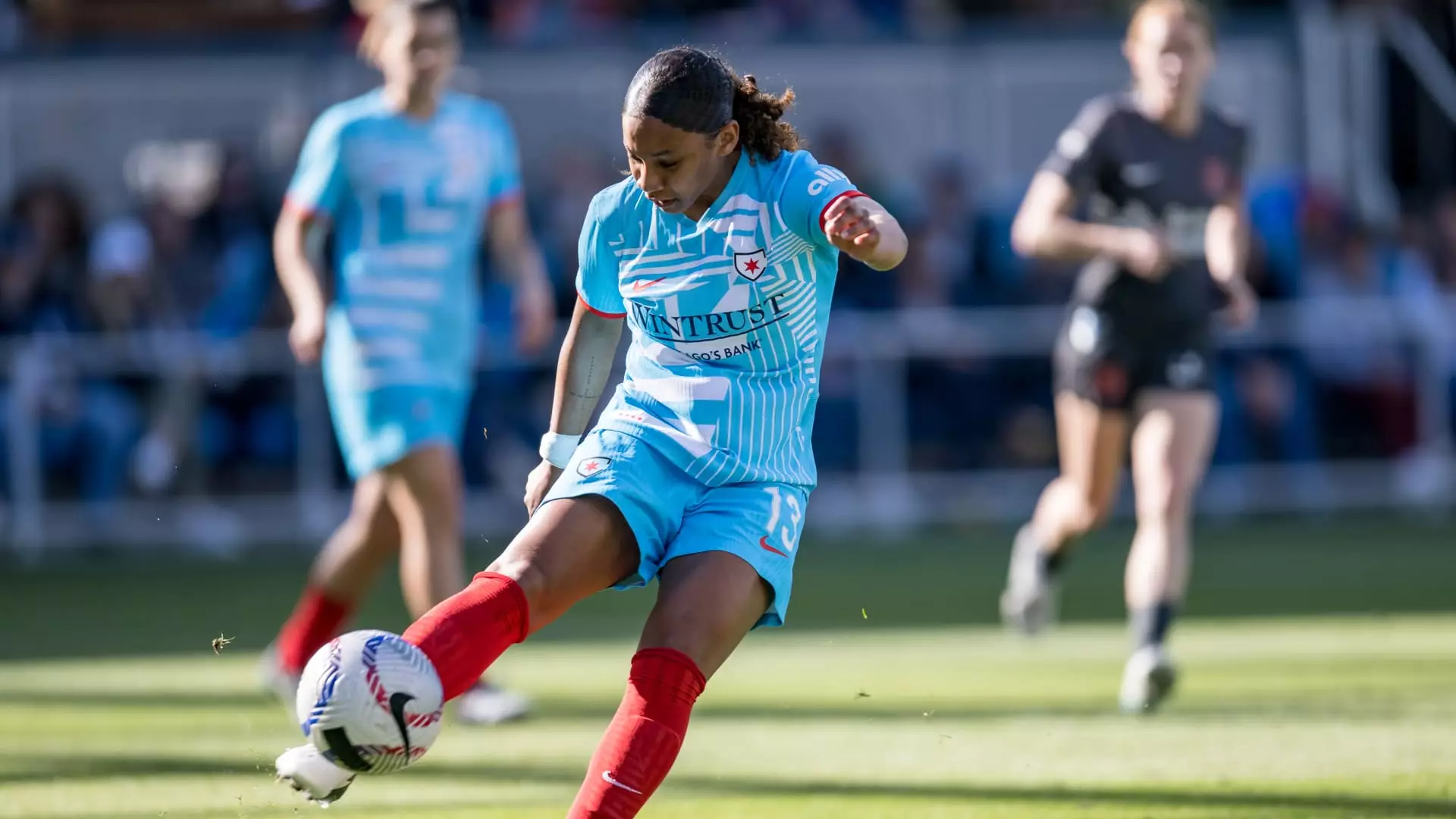In recent years, innovative companies have seized upon the image of professional athletes as a shiny symbol of determination and excellence, extending opportunities like internships that promise to prepare them for life beyond the game. Gallagher’s recent initiative to involve top-tier soccer players and NFL athletes reflects this trend. On the surface, these programs appear to be progressive, even empowering, giving athletes valuable skills and a taste of the corporate world. But beneath this veneer lies a compelling question: is this truly about genuine opportunity, or is it a calculated move to rebrand industries that have often sat in the shadows of social responsibility?
What we witness is a classic case of corporate virtue signaling. By wrapping their brand in the narratives of hardworking athletes, these companies craft a narrative of social engagement that often obscures their broader profit motives. While it is commendable that athletes gain new competencies, the core issue remains: these internships are a band-aid over a system that often undervalues their talents and exploits their fame, both during and after their careers. Far from a selfless act, this seems more like a strategic alignment to harness the positive public sentiment associated with sports, often to distract from industry flaws or systemic issues that require structural reform.
Economics of Short-Lived Fame and Exploitation
Professional sports careers are fleeting, competitive, unpredictable, and riddled with financial instability—yet startups like Gallagher and Nationwide act as if they’re the hero in this narrative. They offer a glimpse into the corporate world, ostensibly for the benefit of athletes. Still, multiple critiques reveal that what looks like opportunity can easily become a form of exploitation. It is not uncommon for athletes to find themselves enticed by these programs, only to realize that their new “skills” do little to guarantee a sustainable career post-retirement.
This raises a fundamental ethical problem: are these internships genuinely designed to empower athletes, or are they a form of corporate PR that leverages athletic success for superficial branding? The reality is that athletes often enter these programs seeking a meaningful transition but often exit with little more than a few professional contacts and vague aspirations. Their rare period of fame is commercialized not for their broader benefit but to bolster the corporate image, reinforcing the idea that their value is limited solely to their athletic accomplishments—even when they aim to reinvent themselves.
Rebranding Industry and the Myth of Mutual Benefit
The partnerships between insurance companies and sports franchises have been longstanding. Yet, the latest wave of athlete internships demonstrates a troubling rebrand of corporate priorities. While the companies claim to provide valuable skills and career guidance, the underlying motive is to foster positive associations with sports culture that can later translate into consumer loyalty and brand loyalty. This is particularly notable when some athletes are hired back as employees, often in roles that seem to capitalize on their fame rather than their expertise.
Furthermore, such initiatives reveal a simplistic view of talent and success. These companies are quick to draw parallels between athletic victory and corporate achievement, romanticizing the journey from the playing field to the boardroom as a seamless transition. Reality, however, is far more complex. What remains unspoken is that many athletes, despite their fame, struggle with financial literacy, job security, and career planning—showing that these internships are just temporary bandaids in a much larger struggle for systemic change.
The Illusion of Social Responsibility in a Profit-Driven Industry
From a centered liberal perspective, it’s evident that these corporate efforts to engage athletes are riddled with contradictions. The insurance industry, which profits from risk and uncertainty, parades these programs as acts of social investment; yet their core business continues to benefit from the very vulnerabilities they ostensibly aim to address. The facade of social responsibility is maintained by filling headlines with stories of successful transitions, all the while internally maintaining practices that often exacerbate economic insecurity for many Americans.
This disconnect signifies a broader societal failure: the inability of capitalism to reconcile profit motives with genuine social good. When corporations use athlete interns as public relations tools, it signals a superficial commitment to social progress—one that is fundamentally driven by brand prestige rather than a true sense of social accountability. For athletes and marginalized individuals seeking equitable opportunities, these programs often fall short of systemic change, offering only moments of fleeting hope amid entrenched inequities that persist in sports and beyond.

